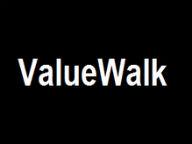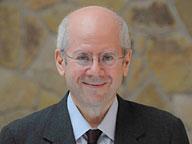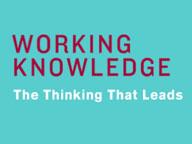Faculty News
—
Professors Viral Acharya and Marti Subrahmanyam's participation in the Indian Financial Markets Conference in Mumbai is featured
—

Excerpt from India Education Diary -- "'While we, at NYU Stern, understand the markets and institutions in developed economies to an extent, we need to do much more work to understand more fully the markets and institutions in emerging markets, such as India. The NSE-NYU Stern partnership provides a network of academics interested in studying the Indian financial markets,' said Professor Viral Acharya of NYU Stern."
Faculty News
—

Excerpt from India Education Diary -- "'While we, at NYU Stern, understand the markets and institutions in developed economies to an extent, we need to do much more work to understand more fully the markets and institutions in emerging markets, such as India. The NSE-NYU Stern partnership provides a network of academics interested in studying the Indian financial markets,' said Professor Viral Acharya of NYU Stern."






















